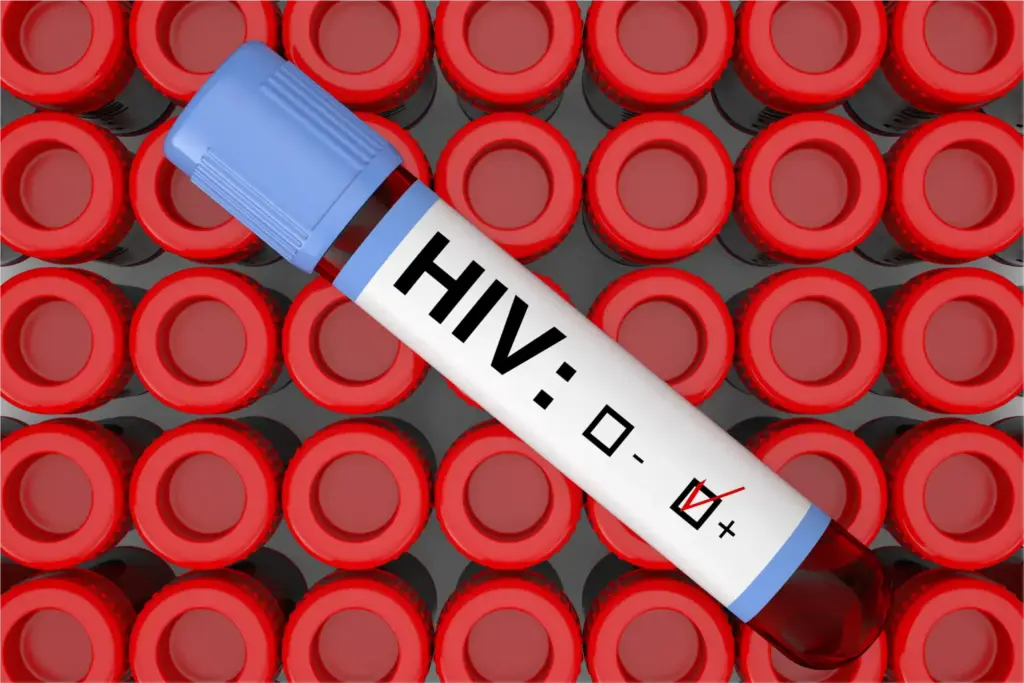
HIV-prevention shot lenacapavir: A twice-yearly HIV prevention injection will be offered for about $40 a year across 120 low- and middle-income countries (LMICs) by 2027, following a pricing and access deal. The medicine, lenacapavir, currently lists at about $28,000 per person per year in high-income markets and could begin limited rollout as early as the end of this year at that price.
The agreement, led by the Clinton Health Access Initiative (CHAI) with support from the Bill & Melinda Gates Foundation and partners including South Africa’s Wits RHI, aims to make a low-cost version available pending regulatory approvals. Researchers say lenacapavir blocks HIV from replicating inside cells; given twice a year, it provides six months of protection per dose.
Also Read | What are the first signs of HIV? A complete guide
“This is not a luxury, affordable prevention is a necessity,” said Professor Saiqa Mullick of Wits RHI, who called the long-acting shot “transformational” for young people and underserved communities who struggle with daily pills and frequent clinic visits. She said the next phase is preparing countries to introduce and scale the injection quickly, The BBC reported.
Lenacapavir received World Health Organization support for HIV prevention in July and has been approved by the US FDA and the European Commission this year. A generic, lower-priced version still requires regulatory clearance, with partners targeting availability within roughly 18 months.
Long-acting prevention could boost uptake in populations at highest risk, including adolescent girls and young women, LGBTQ+ people, sex workers, and people who use drugs, where adherence to daily oral PrEP remains a hurdle. Oral PrEP also costs about $40 per year but reaches only ~18% of those who could benefit, according to the Gates Foundation. Modeling suggests that reaching just 4% of the at-risk population with lenacapavir could avert up to 20% of new infections.
An estimated 40+ million people are living with HIV worldwide. Despite major gains since 2000, ~1.3 million people acquired HIV last year and >600,000 died of AIDS-related illnesses.








